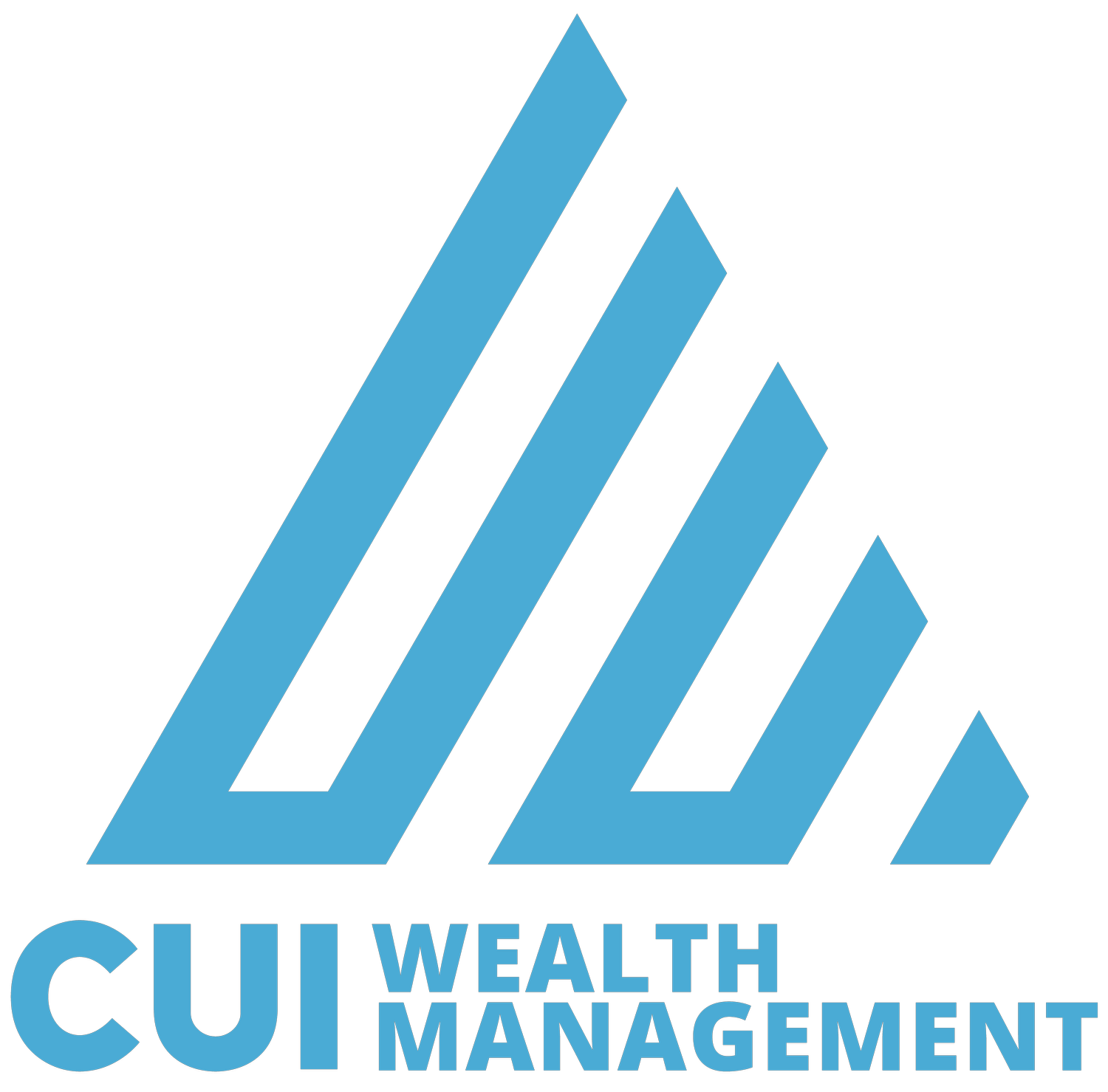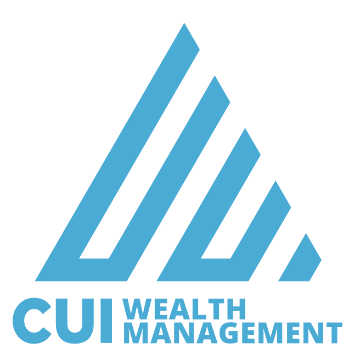
CUI Wealth Management
Blog
Are There Roth Options for High-Income Earners?
There are a lot of articles and videos outlining the benefits of Roth IRAs. Because of this, Roth accounts have become popular in recent years. Roth IRAs started in 1997, named after the legislative sponsor, Senator William Roth of Deleware. Roth IRAs and 401(k)s permit you to make contributions with after-tax dollars. In addition, Roth funds are not taxed in retirement if withdrawn according to IRS rules. These rules apply not only to contributions but also to account growth. These traits make Roth IRA accounts an excellent option for those who want to pay taxes on their retirement accounts now rather than in retirement.
Getting Started with A SIMPLE IRA: A Beginner's Guide to Retirement Planning
Retirement planning is essential to financial planning. As an employer, you can profoundly impact your employee's retirement savings and have some tax perks. A great place to start is with a retirement savings plan. There are many retirement savings plan options available to employers. One option is a Savings Incentive Match Plan for Employees or SIMPLE IRA. This blog post will explore what a SIMPLE IRA is, how it works, and its benefits and drawbacks.
A Guide to Choosing the Right Retirement Plan for Your Business
There are a lot of excellent retirement plan options for businesses. But unfortunately, people often get more concerned about the overall best retirement plan type and spend less time focusing on the pros and cons that make each option unique. There are several retirement plan types to consider. Each type has its benefits and drawbacks. Let's jump into the differences.
The Advantages of Zero Revenue Share Funds
What is a Revenue-Sharing Fee?
Revenue sharing is common in the investment industry, where mutual fund companies pay a portion of their management fees to the brokerage firms that sell their funds. However, one option that has gained popularity recently is using zero revenue share funds. These funds, also known as "clean shares," do not charge revenue-sharing or 12b-1 fees, which can result in lower costs for plan participants. However, before we get into the advantages of zero revenue-sharing funds, let's go over fund fees in general.
401(k) Target-Date Fund Basics
Target-Date Fund Basics
Investing for retirement can be daunting, but target-date funds can make it easier for investors to manage their portfolios. As a result, these funds are becoming increasingly popular in 401(k) plans. This blog post will closely examine target-date funds and how they work.
Creating and Maintaining a 401(k) Fiduciary File
401(k) Fiduciary Files
As a plan sponsor, you are responsible for ensuring that your 401(k) plan complies with all applicable laws and regulations, including those related to fiduciary responsibility. One important aspect of fulfilling your fiduciary duties is creating and maintaining a 401(k) fiduciary file. Building and maintaining a fiduciary file is not required, but it is best practice. Here are a few things to know about fiduciary files.
Managing Fiduciary Responsibility in Your 401(k) Plan
A 401(k) plan is a popular employer-sponsored retirement plan option. However, with the benefits of a 401(k) plan comes fiduciary responsibility. As a plan sponsor, you have a fiduciary duty to ensure that the 401(k) 's direction is in the plan participant's best interest. This responsibility requires you to act prudently and solely in the participants' interest. Here are some tips for managing fiduciary duty in your 401(k) plan.
How to Effectively Communicate with Employees About 401(k) Benefits
As a 401(k) plan sponsor, effective communication is crucial in helping employees understand their 401(k) benefits. To do this, you must ensure that your employees know their retirement plan options, how they work, and the benefits they provide. Here are some tips for communicating with employees about their 401(k) benefits.
Designing a Successful 401(k) Plan
A 401(k) plan is an essential benefit offering that can help you recruit and retain top talent. Though a well-designed 401(k) plan can be an incredible tool, often the value of a 401(k) plan is overlooked. As a plan sponsor, you play a crucial role in designing a successful 401(k) plan to help your employees save for retirement. Here are some best practices to consider when designing your 401(k) plan.
401(k) Fiduciary Duties and Responsibilities
First, let's define what a fiduciary is. A fiduciary is a person or entity with a legal and ethical obligation to act in the best interest of another party. For example, in a 401(k) plan, the fiduciary is the person or entity responsible for managing the plan and its investments. Several critical fiduciary duties and responsibilities are involved in managing a 401(k) plan. Here are a few of these duties.
Financial Wellness Programs: Empowering Employee Financial Decisions
As the workforce ages, retirement planning becomes an increasingly important concern for employees and employers. Many people today are worried that they won't have enough money saved to support themselves throughout their retirement years. As a result, many employers offer financial wellness programs in addition to their retirement plans to address this concern. These programs provide employees the tools and resources to make informed financial decisions.
401(k) Required Plan Notices
Employers must provide participants of 401(k) plans with various documents and disclosures. Sometimes, the information given to participants can be slightly overwhelming, but there is essential information they should know to stay informed about their 401(k) plan. In addition, many of the documents given to employees are required. For example, some of the notices employers must provide employees with include the following:
A Perfect NCAA Bracket vs. Saving $1,000,000
March Madness is upon us, meaning millions of people are filling out their brackets and hoping to predict the outcome of every game in the NCAA Men's Basketball Tournament. While the odds of getting a perfect bracket are incredibly slim, it's still fun to dream of being the one to pick every game correctly and win the big prize. But how does the probability of a perfect NCAA bracket compare to the likelihood of retiring with $1,000,000 in savings? Let's take a look.
What is a True-Up Contribution?
If you're a participant or sponsor of a 401(k) plan, you may have heard of "true-up" contributions. But what are these contributions, and why are they important?
True-up contributions are a way for employers to ensure that all eligible employees receive the full employer matching contribution for the year, even if they contributed less evenly throughout the year or maxed out their contributions early in the year.
How Vision Relates to Goals
People are often more concerned about trying to do what they think others want them to rather than figuring out what is truly important to them. Those who find meaning have a profound impact on the world. Unfortunately, we tend to skip a step when working towards a meaningful life. Skipping this essential step can make it difficult for us to have the focus necessary to reach our true capabilities.
Do I Need a 401(k) Advisor?
Understanding the value of a financial advisor is related to this comparison of Bear Grylls and me. I would need help from a professional due to my lack of survival knowledge, while Bear has enough experience to make it on his own.
Why Should I Benchmark 401(k) Fees?
You're involved in your company's 401(k) management, and you want to know if you're overpaying for the services you're getting for the 401(k). How do you do that? You benchmark.
8 Things Every Employee Should Know About Their 401(k)
The Summary Plan Description (SPD) highlights the main points of your company retirement plan. It covers various topics, including vesting, the plan match, and eligibility. Plan sponsors are required to disclose this information to participants…
Should I Move Everything to Cash?
I once heard someone say never to go to the store with an empty stomach and no shopping list. Chances are you'll forget to pick up a few things and come home with items driven by hunger rather than necessity. Similarly, making dramatic changes to your portfolio with unchecked emotion and no strategy can leave you in an unfavorable position.
3 Things to Know Before Choosing a Financial Advisor
Experience
Let's talk about financial professionals. To do this, let's look at an example of going to the doctor. You go to the doctor, and one of a couple of things might happen. The doctor might say, "This is super easy and routine. Take these antibiotics for a couple of days, and you'll be just great". Or he might say, "This is something out of my scope. Let's send you to a specialist…





















